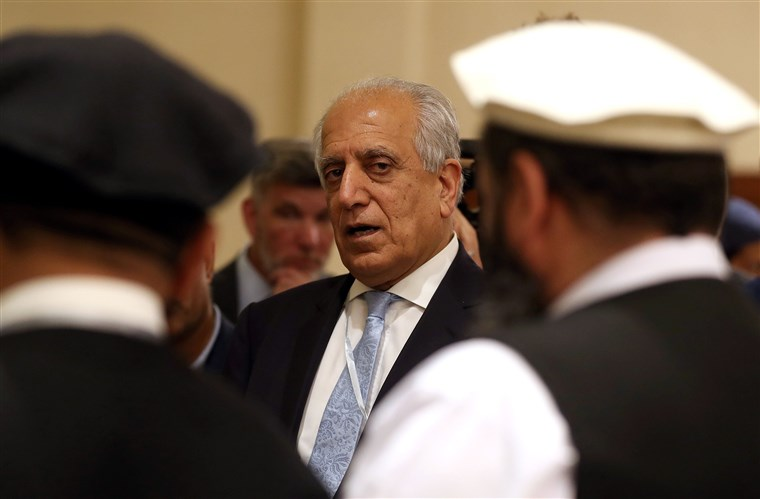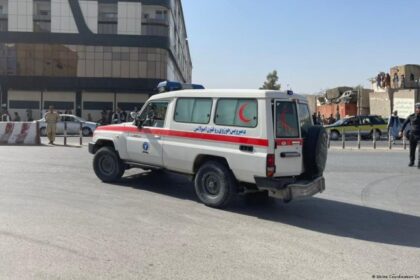RASC News Agency: The Taliban’s recent pronouncement ostensibly forbidding unauthorized cross-border “jihad” operations appears more a strategic attempt at image management than a genuine commitment to regional peace. Despite grandiose statements from Taliban officials claiming strict controls over their fighters, the group’s track record and ongoing militant activities continue to sow instability across South and Central Asia. A senior Taliban military-affiliated figure in Kabul declared that any independent participation in “jihad” beyond Afghanistan’s borders without explicit approval from the Taliban’s supreme leader is prohibited, threatening severe consequences for violators. Saeedullah Saeed, an instructor at a Taliban-controlled security training center, insisted publicly: “Travel abroad with the intention of jihad is forbidden and is only legitimate if directly ordered by the Amir.”
Yet, these declarations ring hollow. No formal, transparent decree has been issued by the Taliban leadership to institutionalize such restrictions. Instead, these pronouncements seem aimed at placating international concerns and deflecting growing regional criticism over the Taliban’s failure to rein in extremist factions operating from Afghanistan’s soil. Former U.S. envoy Zalmay Khalilzad expressed cautious optimism over the Taliban’s statement, applauding it on social media as a “positive step” toward regional stability. However, his endorsement neither alters the facts on the ground nor obscures the broader reality: the Taliban’s control over rogue elements remains tenuous at best, and their willingness to fully abandon cross-border militancy remains unproven.
Reports persist of Taliban fighters openly expressing intentions to conduct militant operations in neighboring states, particularly Pakistan, exacerbating tensions in an already volatile region. Islamabad has repeatedly accused the Taliban of supporting insurgent groups such as the Tehreek-e-Taliban Pakistan (TTP) and Baloch separatists, accusations that the Taliban categorically deny, despite overwhelming evidence suggesting otherwise. The menace posed by extremist groups in Afghanistan remains one of the gravest security threats to Central Asia. At the recent Collective Security Treaty Organization (CSTO) defense ministers’ summit in Bishkek, Russian Defense Minister Andrey Belousov warned that over twenty extremist groups, collectively numbering around 15,000 fighters, continue to operate freely within Afghanistan’s borders, posing direct dangers to regional stability.
The Taliban’s ongoing attempts to present themselves as moderate and responsible actors are undercut by their inability or unwillingness to dismantle or decisively control these militant networks. Without concrete, verifiable action, their self-declared ban on cross-border “jihad” remains little more than empty rhetoric aimed at international audiences. Meanwhile, the regional community remains rightfully skeptical of Taliban assurances. The failure to deliver substantive change on the ground fuels persistent insecurity and undermines prospects for lasting peace in Afghanistan and beyond.






